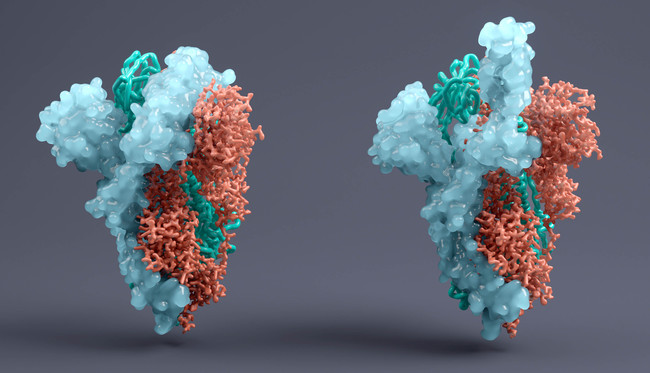FDA bans use of Lilly, Regeneron COVID drugs due to Omicron

The FDA has limited the use of COVID-19 antibody therapies developed by Eli Lilly and Regeneron, on the back of data suggesting they have are "highly unlikely" to be effective against the now-dominant Omicron variant.
The emergency use authorisations (EUAs) for Lilly's bamlanivimab/etesevimab combination and Regeneron's REGEN-COV (casirivimab and imdevimab) issued earlier on in the pandemic – when other variants were more common – has been revised to reflect the loss of efficacy against the new strain.
"These treatments are not authorised for use in any US states, territories, and jurisdictions at this time," said Patrizia Cavazzoni, director of the FDA's Center for Drug Evaluation and Research (CDER).
"In the future, if patients in certain geographic regions are likely to be infected or exposed to a variant that is susceptible to these treatments, then use of these treatments may be authorised in these regions," she added.
That effectively closes out use of the drugs, as it is not possible at the moment to tell if a newly-presenting patient has Omicron or another strain of SARS-CoV-2. Moreover, recent data from the Centres for Diseases Control and Prevention (CDC) estimated that almost all (99%) of new cases are being caused by Omicron.
It also switches off a source of sizeable windfall revenue for the two companies. Lilly recorded more than $1.1 billion sales for its COVID-19 antibodies in the first nine months of 2021, while Regeneron booked a whopping $4.7 billion from its drug in the same period.
"It's highly unlikely that COVID-19 patients seeking care in the US at this time are infected with a variant other than Omicron," said Cavazzoni.
Avoiding use of the Lilly and Regeneron antibodies "avoids exposing patients to side effects, such as injection site reactions or allergic reactions, which can be potentially serious, from specific treatment agents that are not expected to provide benefit," she continued.
The block on the use of the two antibodies comes as other drugs are coming to the fore in the treatment of COVID-19, notably Pfizer's oral antiviral Paxlovid (nirmatrelvir/ritonavir), GlaxoSmithKline/Vir Biotech's antibody Xevudy (sotrovimab), Gilead's intravenous antiviral Veklury (remdesivir) and Merck & Co/Ridgeback Bio's Lagevrio (molnupiravir).
All of these are expected to work against Omicron in patients with mild-to-moderate COVID-19 who are at high risk for progression to severe disease, according to the FDA.
Last week, the US National Institutes of Health (NIH) recommended that patients with COVID-19 needing drug treatment receive the four drugs in the following order of priority: Paxlovid, Xevudy, Veklury, then Lagevrio.
It also said the Lilly and Regeneron antibodies should be avoided "because real-time testing to identify rare, non-Omicron variants is not routinely available."











